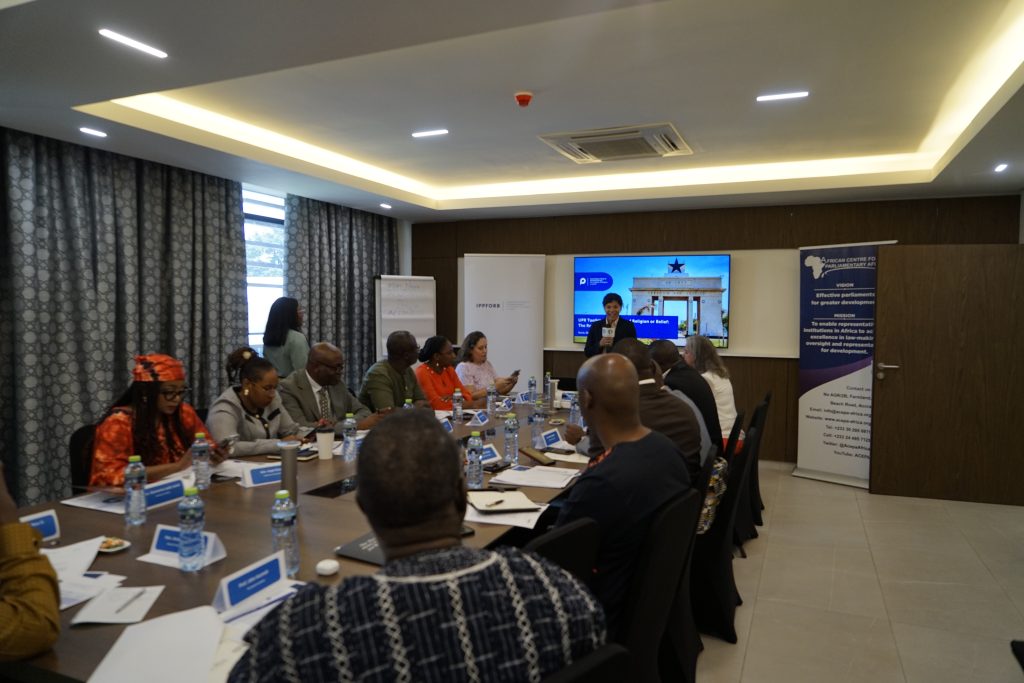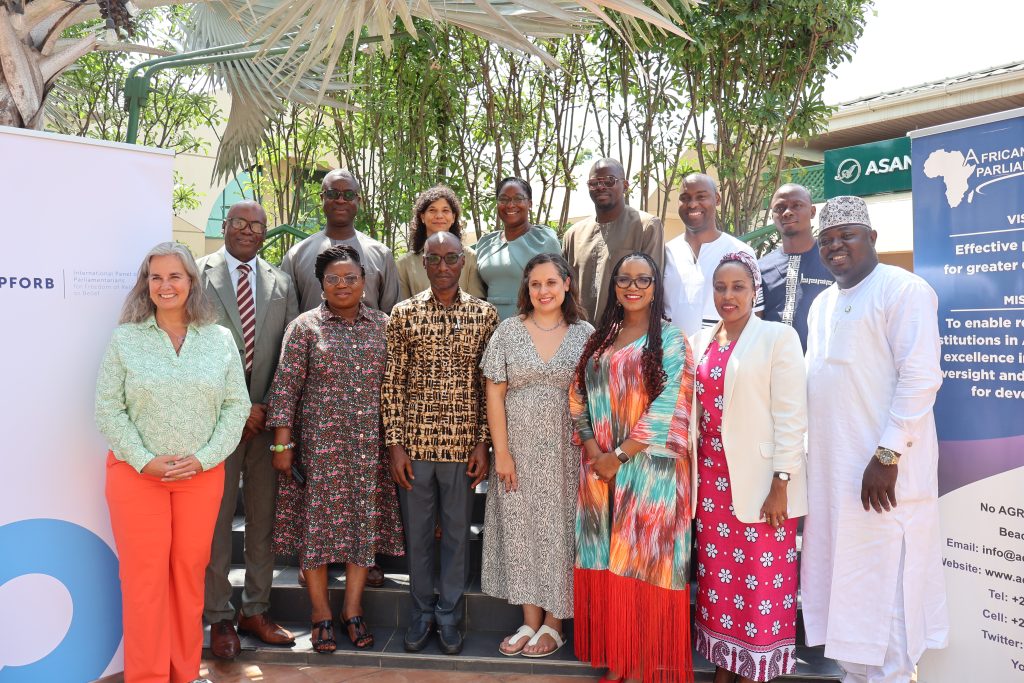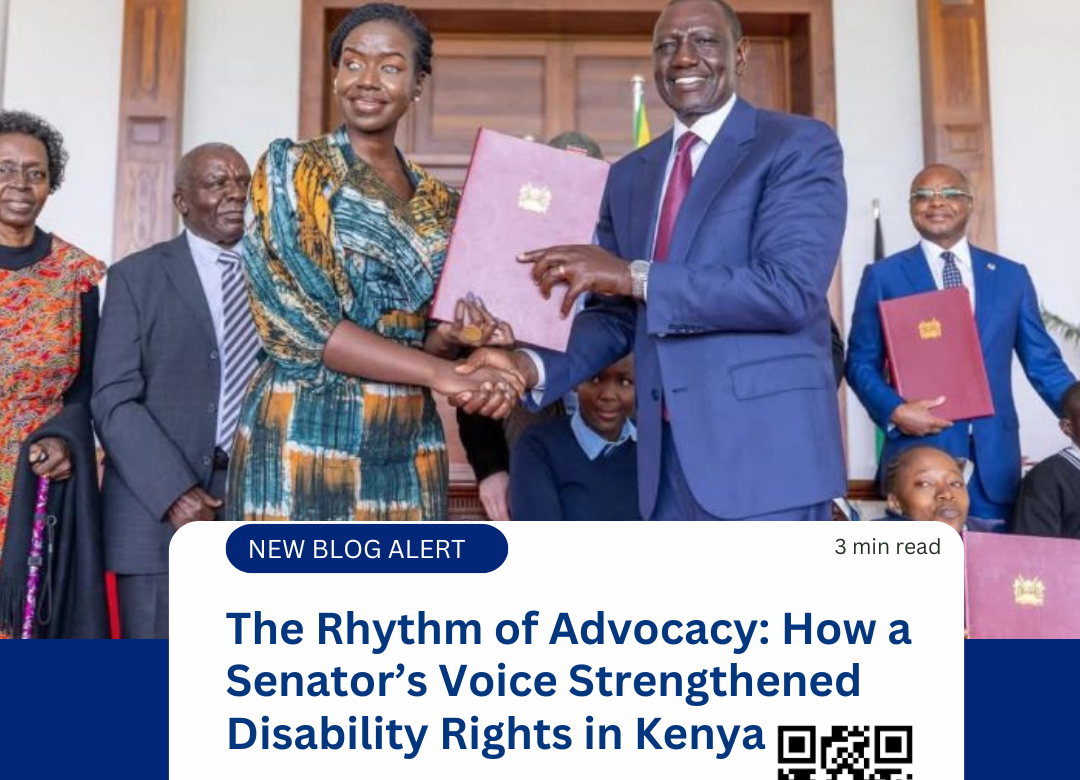
The African Centre for Parliamentary Affairs (ACEPA) and our partners the International Panel of Parliamentarians for Freedom of Religion or Belief (IPPFoRB), and The African Parliamentarians Association for Human Rights (AfriPAHR) are advocating for using the Universal Periodic Review (UPR) toolkit to transform how lawmakers address human rights, particularly freedom of religion and belief, across the continent.
This was highlighted at a workshop organised by ACEPA together with the International Panel of Parliamentarians for Freedom of Religion or Belief (IPP-FORB) at the Alisa Hotel in Accra, Ghana.
Speaking to Citi News, the Director of the International Panel of Parliamentarians for Freedom of Religion or Belief, Fernanda San Martin explained that the toolkit empowers parliamentarians from across Africa to strengthen their advocacy for human rights and religious freedom.
“Parliamentarians have been great advocating on a lot of levels, engaging with communities, advancing on bills that uphold the international standards of human rights law. So the parliamentarians must be very well informed, very well equipped with the tools that they need to advance freedom of religion or belief for all in their countries and also at international level.”
Ahead of Ghana’s 2024 general elections, the issue of religious tolerance and human rights was addressed by Senior Governance Advisor with ACEPA, Issifu Lampo. He noted that involving marginalised groups and all religions in governance would strengthen the commitment to human rights.
“MPs who are here, it also sort of reawakens them to know that, as this election is coming, knowing what is entailing the UPR tool, what are we doing to protect those who are marginalized, (3:36) those whose rights are being violated, what can we do as MPs. So, they will share this perspective with their colleagues as they’re going for elections because the perspectives of the marginalised are also very important for this election.”
Additionally, parliamentarians from other African countries shared the challenges they face in their countries in addressing religious differences.
According to South African parliamentarian, Hon. Angel Khanyile, she believes the toolkit’s training will equip MPs to return to their communities and empower individuals to recognize and resist such exploitation. “In South Africa, we face challenges where some exploit the most vulnerable members of society, pastors pose as religious leaders, convincing people that if they eat snakes or get sprayed by chemicals, they’ll be successful.”
Day one of the two-day workshop brought together members of parliament from Ghana, Malawi, Nigeria, Sierra Leone, Tanzania, and The Gambia.

Source: ChannelOne Tv

